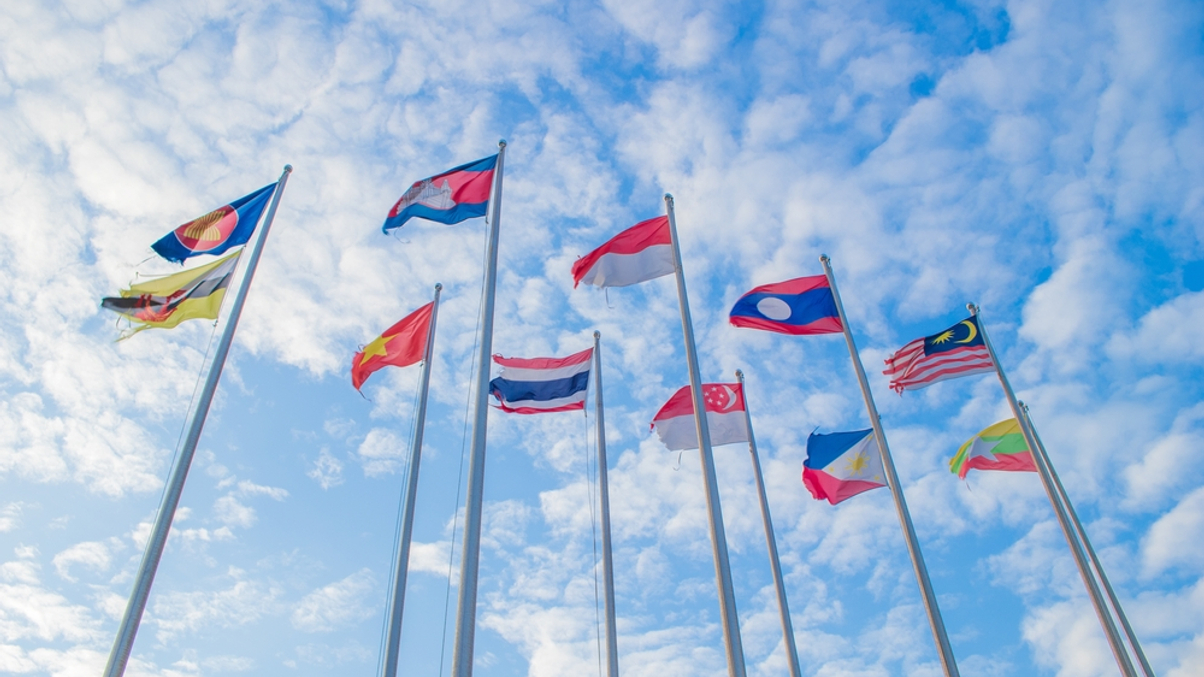Indonesian wealth fund chief optimistic on ASEAN growth
In a tough year, investors have emerged more adaptable than ever, INA’s chief executive told the Asian Financial Forum in Hong Kong.

In what has been described as a "polycrisis" of war, inflation, pandemic and market volatility, the Asian Financial Forum 2023 heard how investors are set to emerge from these crises stronger than ever.
Sign in to read on!
Registered users get 2 free articles in 30 days.
Subscribers have full unlimited access to AsianInvestor
Not signed up? New users get 2 free articles per month, plus a 7-day unlimited free trial.
¬ Haymarket Media Limited. All rights reserved.


